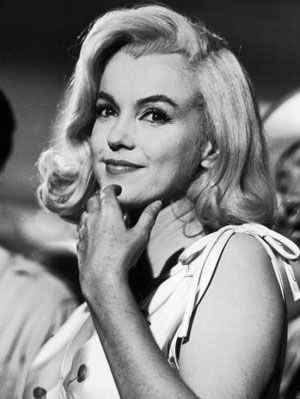There have been many outstanding and powerful female leaders throughout history. Today we are going to discuss the Most Powerful, Influential, Strong, and Famous Women leaders of all time.
Several Women molded and shaped the course of history to a better development through their intelligence, dignity, power, passion, and leadership qualities.
Most Powerful Women Leaders of All Time
Many of these powerful women controlled their countries as Pharaoh, Empress, Queen, Prime Ministers, or Chancellors, while others were fighting for a good cause. Their historical contributions deserve to be recognized and embraced by today’s women.
1. Queen Victoria
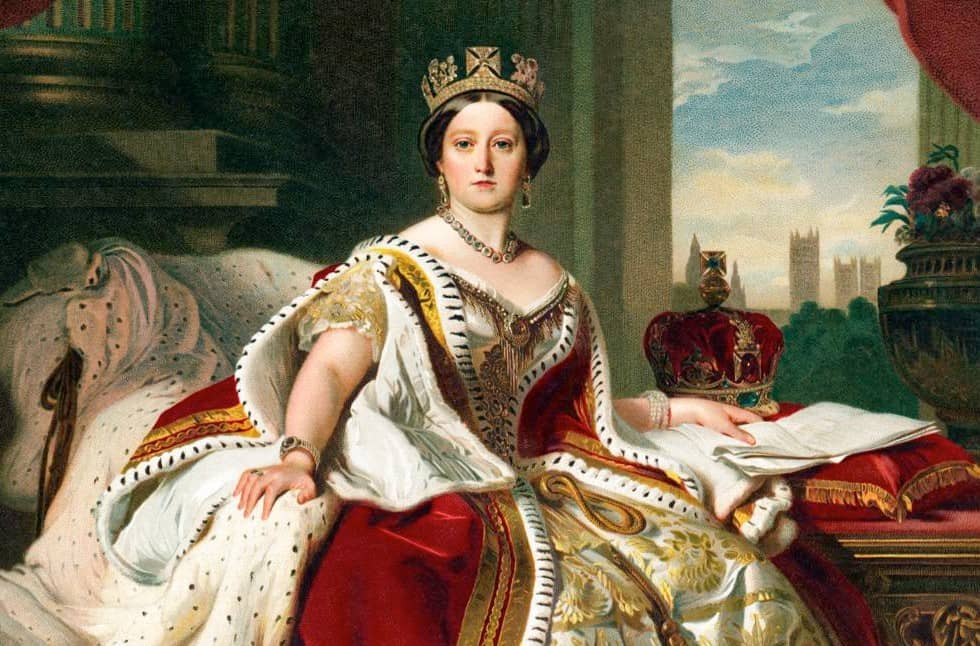
The previous queen of the United Kingdom of Great Britain and Ireland reigned for 63 years and 7 months and is regarded as the Most Powerful Female Leader in History.
This entire time of reign is known as the Victorian era, which was marked by industrial, political, scientific, and military changes and adaptations in the United Kingdom and is regarded as a massive continuation of the British Empire.
To combine her reign and kingdom, she became Empress of India. She took advantage of this advantage under Benjamin Disraeli’s leadership, which she chronicled.
Britain has become the most powerful country in the world as a result of its absolutist policies. For nearly a century, she ruled one of the most powerful empires.
2. Catherine the Great
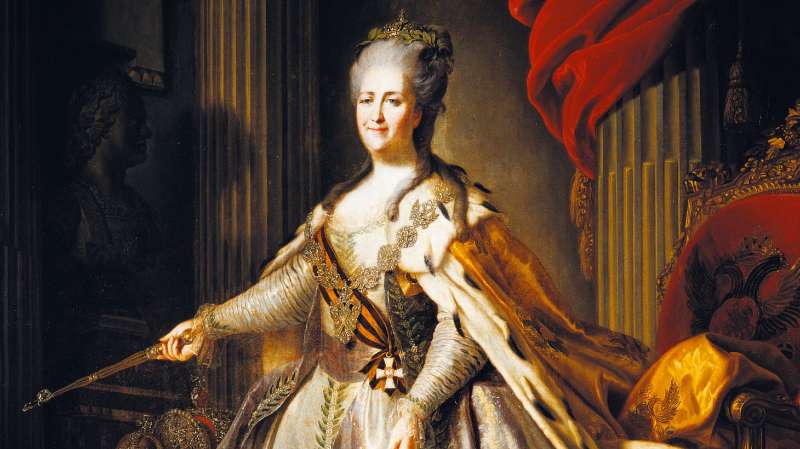
Catherine the Great, often known as Catherine II, was the German queen of Russia from 1762 to 1796, leading her people to full involvement in Europe’s political and creative approaches, carrying on Peter the Great’s work.
With the assistance of his ministers, he restored the Russian Empire’s law and power and enlarged its borders with Russia, incorporating Crimea and much of Poland.
Not only had she dealt with societal difficulties at the time, but she had also established herself as a role model for women in positions of power. It reigned during times of corruption, crime, political reform, and regional expansion.
3. Elizabeth I
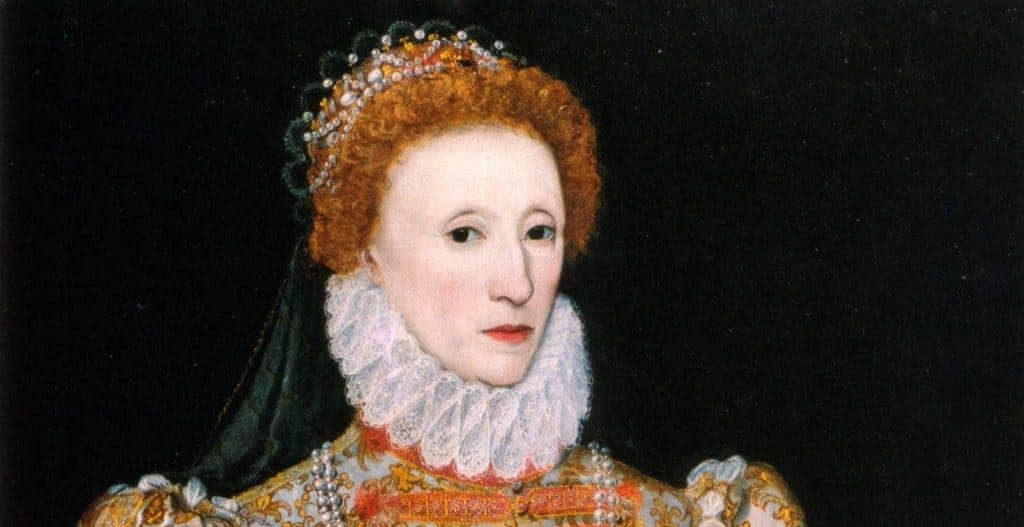
Elizabeth I, the previous queen of England and Ireland from 1558 to 1603, managed to keep the monarchy in check despite the increasing burden of parliaments. Because she was never married, she was dubbed the “Virgin Queen.”
During her tenure as queen, Elizabeth established Protestantism in England, defeated the Spanish Armada in 1588, and kept the unity and peace of a separate nation in the past, fostering an environment conducive to the flourishing of art.
4. Empress Wu Zetian
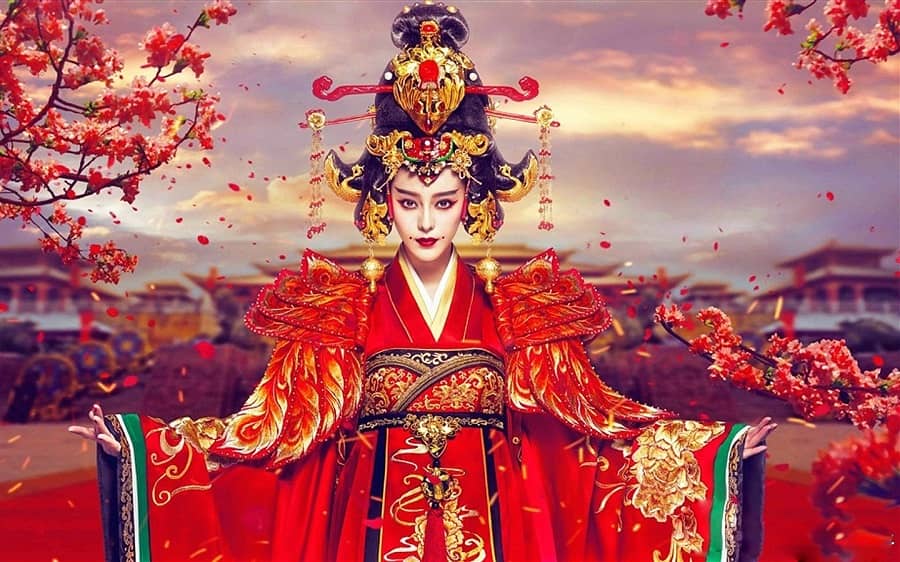
During the Tang Dynasty, she was the Empress of China. She has continuously ruled for a long time, but the last fifteen years have ruled on her behalf between 691 and 705. During its rule, the Tang dynasty expanded and solidified its domains.
During his reign, he enlarged China’s frontiers, gaining control of wholly new or previously uncontrolled provinces in Korea and Central Asia.
It has also aided in the improvement of farmers’ livelihoods by decreasing taxes, generating new public jobs, and establishing innovative farming practices.
5. Hatshepsut

Hatshepsut was Egypt’s pharaoh and reigned for more than 20 years. She married Thutmose II and served as his queen until his death when she assumed the garb of a pharaoh.
She built temples such as the Karnak Temple to carry on the tradition of the previous pharaohs.
It even returned to Karnak the Mut region, which was the major historical goddess of Egypt and was devastated by external emperors during the Hixon conquest.
6. Theodora
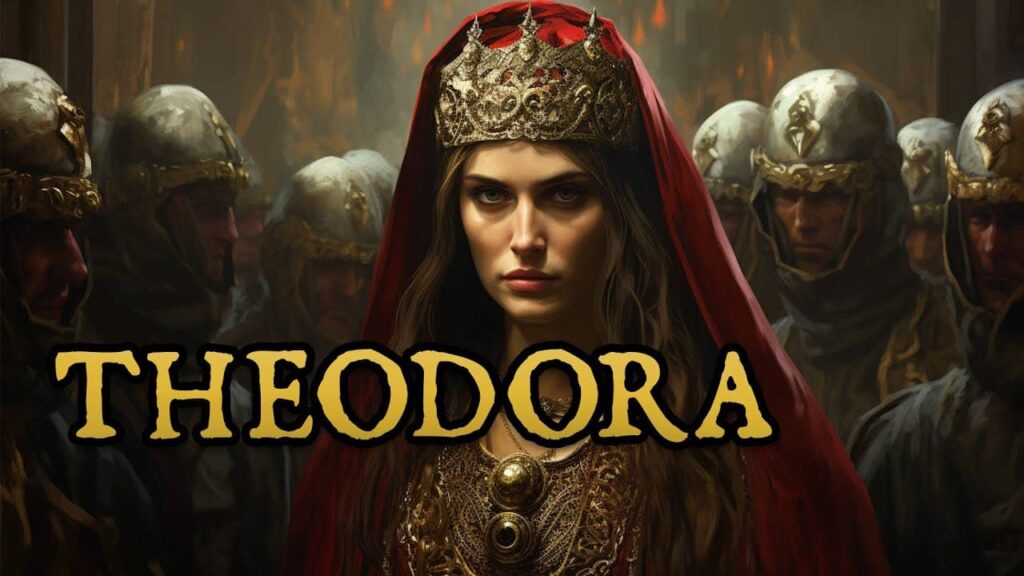
Theodora, queen of the Byzantine Empire and wife of King Justinian I, was one of the most powerful women in the Byzantine Empire.
Because of its level of consciousness and understanding, Justinian’s leadership became the most authoritative, forcing her to use force to support sacred and political policies that favored her.
She is regarded as the first empress or ruler to establish women’s rights and enact stringent regulations to combat child trafficking, as well as to reform divorce rules to better women’s position.
7. Cleopatra
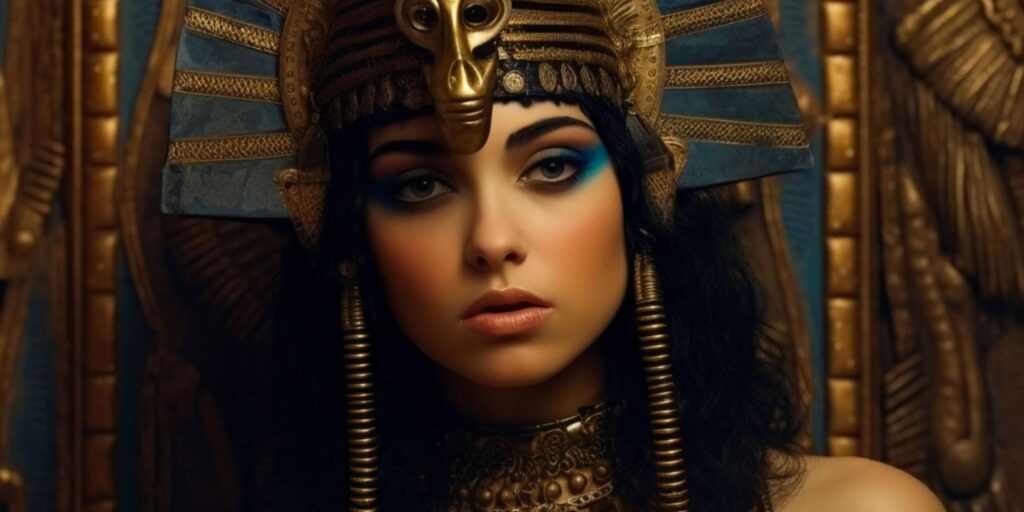
Cleopatra was one of Egypt’s final kings, the Ptolemy, who ruled for about 300 years. She was Egypt’s last genuine pharaoh and was one of the most powerful women leaders in the history.
Cleopatra controlled an empire that included Egypt, Cyprus, sections of modern Libya, and other Middle Eastern regions.
For 21 years, Cleopatra reigned. She desired Egypt to be independent of Rome. Cleopatra established trade with numerous Arab countries and changed the Egyptian economy. It is also known as the “Queen of the Nile.”
8. Margaret Thatcher
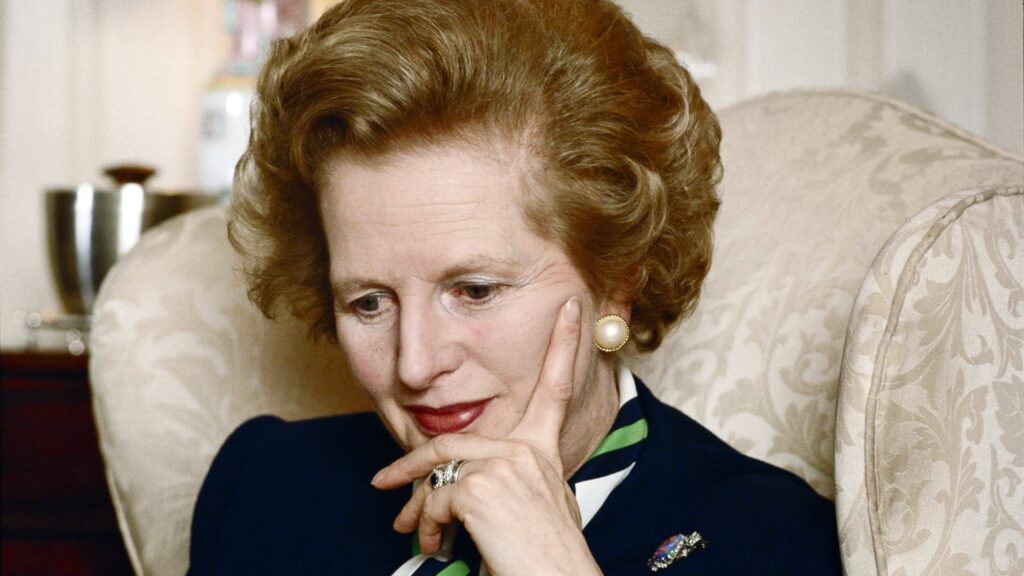
Margaret Thatcher was a British politician who served as Prime Minister of the United Kingdom from 1979 to 1990.
She was also the chairman of the Conservative Party from 1975 to 1990. She was the first woman to sit in that seat. Her cabinet also made her the most popular prime minister in Britain during the twentieth century.
She is also known as the Iron Lady because of her forceful policies and inventive approach. Thatcherism refers to his policies.
She was on a list of economic initiatives set to address huge unemployment and Britain’s difficulties during a winter of discontent and an extended recession when she became Prime Minister after winning the 1979 general election.
9. Indira Gandhi
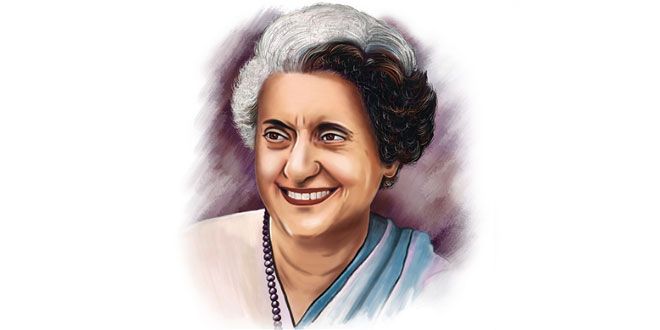
Indira Priyadarshini Gandhi, the daughter of India’s first prime minister, was Prime Minister of India from 1966 until 1977 and again in 1980 until her assassination in 1984 when she stated she was second in command. Indira Gandhi is among the most powerful women leaders on all time.
She fought Pakistan for his assistance of the Independence Campaign and the Revolutionary War in East Pakistan, ensuring India’s triumph and the establishment of the Bangladesh nation, demonstrating India’s growing dominance in South Asia.
She was noted for her political tenacity and extraordinary power concentration. Since 1999, she has been dubbed the Millennium Woman, and she has been named to The Times’ list of the world’s 100 most influential women.
10. Zenobia
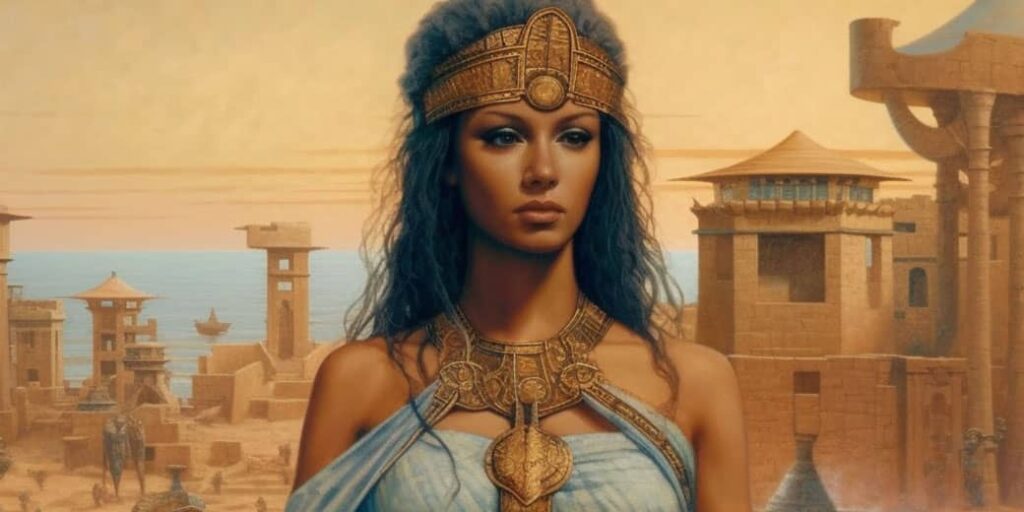
Between 267 and 272 AD, Septimius Zenobia Rebel Queen was the queen of Syria’s Palmyra Empire and is among the most powerful female leaders in the history. She was a seasoned ruler who assisted in making very wise court decisions and managing multilingual and ethnic subjects equitably and tenaciously.
After her husband’s death and the collapse of Roman hegemony in the East, the queen of Zenobia faced profound depression.
As a result, to maintain regional equilibrium, she established the Palmyra Empire, which spanned much of the Roman Middle East from Anatolia to Egypt.
The queen was known as the “warrior queen,” but she nevertheless ruled over people, languages, and beliefs, and she wisely exhibited the rise of the Syrian ruler, the Hellenistic queen, and the Roman Empress.
Also Read: Hottest Thai Women in the World
Follow Top and Trending on Google News and receive the latest alerts and the main news about apps, technology, beauty, entertainment, and all the top 10 related posts.

